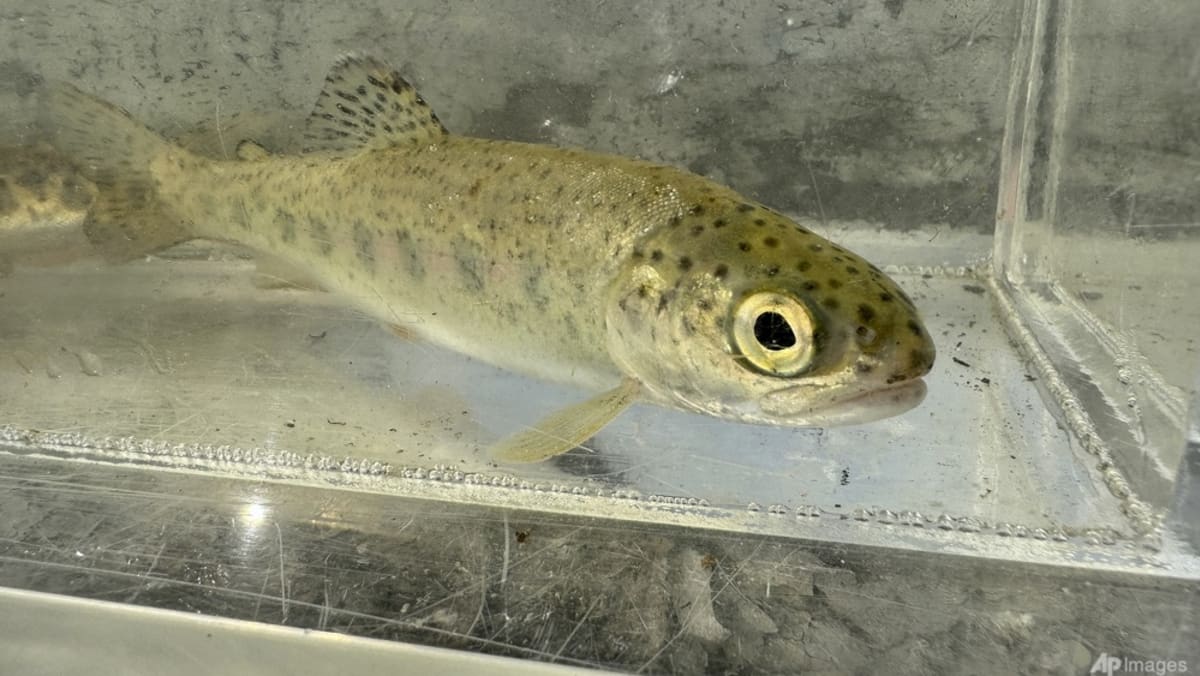British Columbia·New
The Ehattesaht First Nation says a killer whale calf that had been trapped in a remote Vancouver Island lagoon for more than a month is now free after it swam out on its own early Friday morning.
Ehattesaht First Nation says young killer whale swam over sandbar on her own at high tide

Joel Ballard · CBC News
· Posted: Apr 26, 2024 12:39 PM EDT | Last Updated: 20 minutes ago

The Ehattesaht First Nation says a killer whale calf that had been trapped in a remote Vancouver Island lagoon for more than a month is now free after it swam out on its own early Friday morning.
The nation said kʷiisaḥiʔis, or Brave Little Hunter, swam over the sandbar and out into open water during high tide around 2:30 a.m. PT.
After a long night of feeding kʷiisaḥiʔis and watching her play in the lagoon, the nation said, a small group "stood as witnesses to watch her swim under the bridge and down the inlet."
"Today the community of Zeballos and people everywhere are waking up to some incredible news and what can only be described as pride for strength this little orca has shown," said Chief Simon John in a release.
The two-year-old female transient killer whale had been stuck in the tidal lagoon near the village of Zeballos, B.C., since March 23, when its pregnant mother became trapped at low tide and died on a rocky beach.
After kʷiisaḥiʔis swam free, John says the calf was later seen in Friday morning in Espinosa Inlet and a team followed her as she moved toward Esperanza Inlet and the open ocean.
The team, which includes members of Fisheries and Oceans Canada's Marine Mammal Response and Bay Cetology, is hopeful that once she is in the open ocean, her calls will be heard by her family.
John says officials and nation members are now putting protective measures in place to ensure there is no contact between kʷiisaḥiʔis and other people or boats.
They have asked the public to stay away from the area.
"With this part of the challenge solved by kʷiisaḥiʔis herself, every opportunity needs to be afforded to have her back with her family with as little human interaction as possible," he said.
ABOUT THE AUTHOR

Joel Ballard is a reporter with the CBC in Vancouver. You can reach him at joel.ballard@cbc.ca

 1 week ago
23
1 week ago
23










 English (US) ·
English (US) ·  Turkish (TR) ·
Turkish (TR) ·